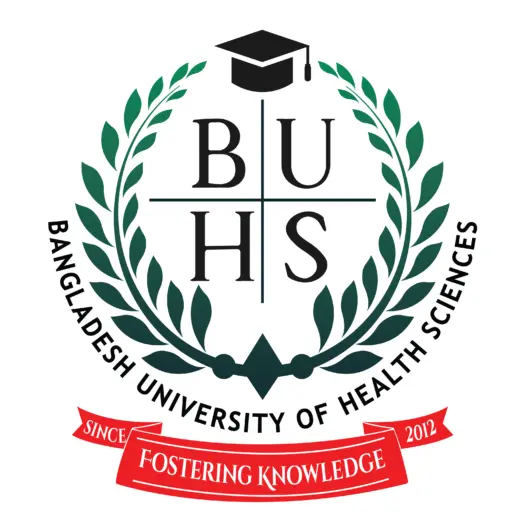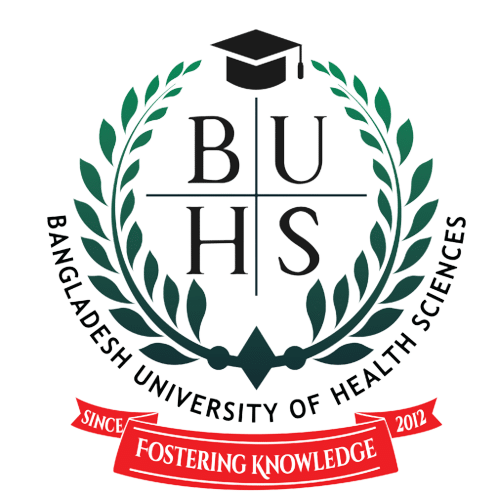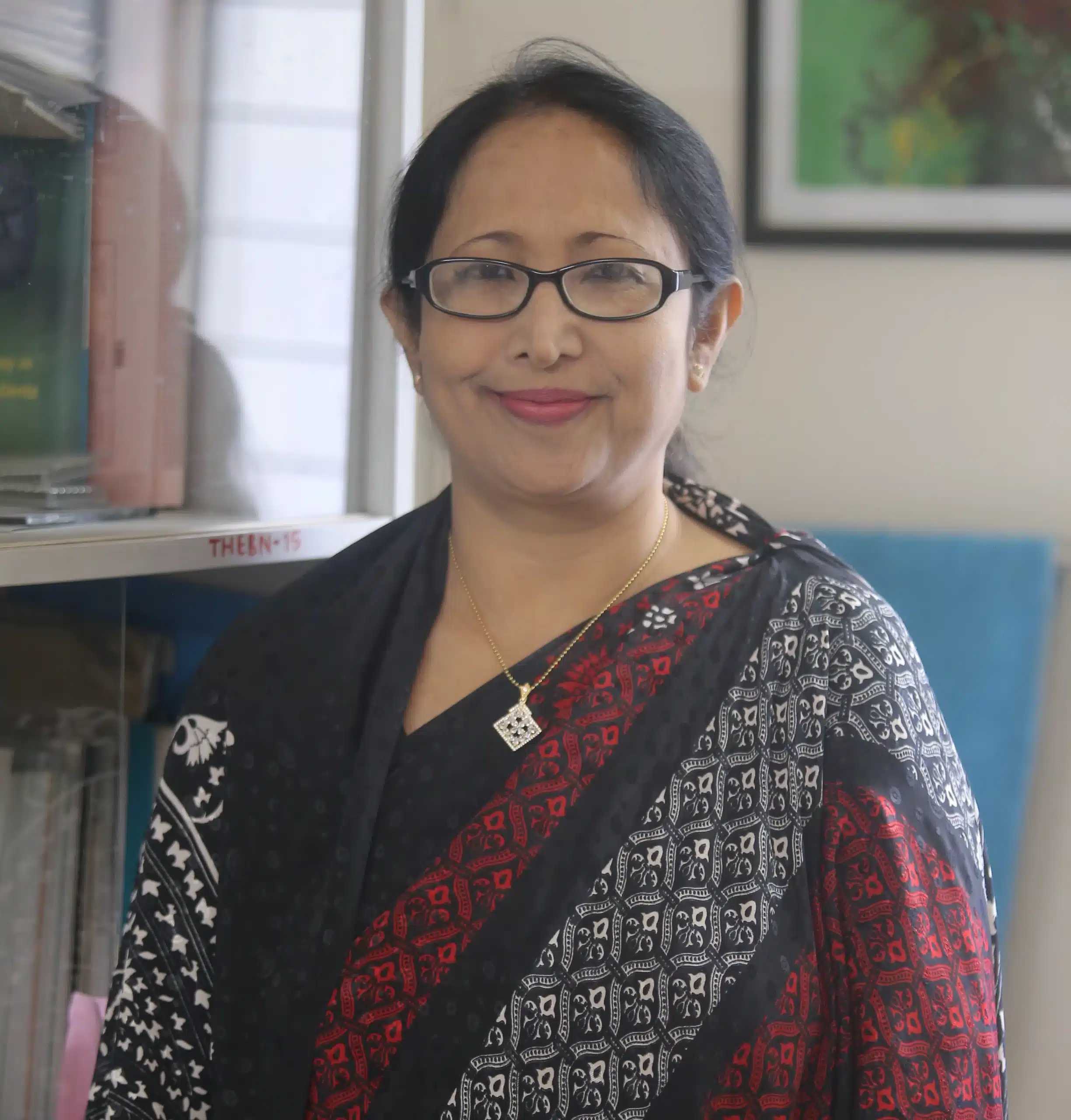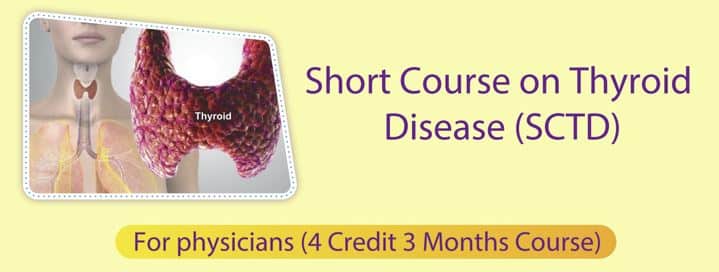- To achieve the highest possible standards of teaching and research in immunology by providing the students with a comprehensive, well-balanced and integrated theoretical and practical knowledge on Immunology, and to highlight the progress and intellectual challenges in this discipline that will allow graduates to be responsible, active, productive, and engaged members of society on local, national and international levels.
- Prepare competent human resources in the field of Immunology both in Government and private sectors.
- Develop the students as effective researchers on fundamental and applied problems to involve in interdisciplinary researches and promote the development of scientific revolutions necessary in the areas concerned.
- Coordinate advanced academic and innovative research work in modern cellular and molecular immunology, with an emphasis in the interface between the basic and clinical aspects of the subject at the secondary and tertiary level, independent thoughts, collegial exchange of ideas with high ethical standards.
- Develop and enrich their advocacy skills and understand their roles and responsibilities both in verbal and written communication of scientific concepts, experimental results and analytical arguments clearly and concisely to find gainful employment in academics, government and private organizations.
The Department of Immunology, BUHS, endeavors to be a nationally recognized model for generating postgraduates in the field of immunology with wisdom and responsibility to compete in and develop a multidisciplinary immunologic academy, a research center that is poised to be among the best in the nation which is now time-demanding in technology-centered world.
The courses aim to give fundamental knowledge and detailed understanding of important aspects of Immunology, as currently applied in academy, diagnostic and research in health and medical science related issues, relating to biostatistics, biosafety, animal experimentation, bioinformatics, molecular biology and biotechnology.
Emphasis is given on developing knowledge and understanding such that the graduate students acquire the skills, qualities and attributes expected by employers and for postgraduate studies and research in applied immunology. The trained graduates will play a vital role in the sustainable development in economic growth and would bring qualitative changes in the above-mentioned areas in the country. The practical training and fieldwork in the curriculum will provide hands-on experience in different fields of immunology. It will also create awareness about public health and safety and facilitate the establishment of liaison between Immunologists with institutes providing health services and involved with health-related research. The individual learning outcomes of Immunology study are:
- Students will acquire highly developed, advanced and complex levels of knowledge which will enable them for the development of in-depth and original responses to complicated and unpredictable problems and situations;
- Students will be involved in the demonstration of high level specialized and professional knowledge appropriate for senior professionals and senior managers;
- Students will communicate scientific concepts, experimental results and analytical arguments clearly and concisely to the appropriate authority, both verbally and in writing; and
- Students will demonstrate information of the Immunology discipline through involvement in academic, research and social activities, student and professional associations and outreach or mentoring activities.
The department of Immunology at BUHS started its journey since October 2013. Before that the department performed its activities with Bangladesh Institute of Health Sciences (BIHS), an institute run by BADAS affiliated under the University of Dhaka. This institute offered BSc (Hon’s) in Laboratory Science and Master in Laboratory Technology (MSLT) programs under the University of Dhaka.
hypersensitivity (allergy), autoimmune diseases, tumor immunology and principles of advanced immunological techniques and few other immunological phenomena relating to transplantation, immunoprophylaxis (vaccinology) and also immunotherapy that influences modern treatment modalities involving immunological phenomena. The Master’s program aims to provide students with a well-balanced and integrated theoretical and practical knowledge of immunology and to highlight the progress and intellectual challenges in this discipline.
The MS in immunology is a full-time program with weekend class facilities. After successful completion of the MS program in immunology, the deserving candidates may have a great role to play in the development of health care system throughout the world. Immunologist can be engaged in the academic institutions, diagnostic laboratories, biomedical research laboratories.
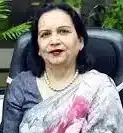
Professor Dr Firdausi Qadri, PhD Senior Scientist, icddr,b &
Lead Scientist, ideSHi
Dhaka, Bangladesh
(Adjunct Faculty)
Profile >
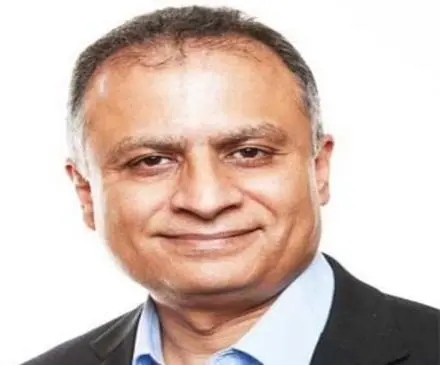
Dr Waliul Islam Khan,
MBBS, PhD, FRCPath
Professor, Department of Pathology and Molecular Medicine,
McMaster University,
Hamilton, Ontario, Canada
(Adjunct Faculty)
Profile >

Dr Kaiissar Mannoor, PhD
Chief Scientific Officer,
Research and Development
ОМС Healthcare Pvt. Ltd
Ex-Senior Scientist, ideSHi
Dhaka, Bangladesh
(Adjunct Faculty)
Profile >
News & Events
মহান শহীদ দিবস ও
- 19 February 2024
Prof M Niaz Asadullah
- 18 January 2024
বিইউএইচএস’র ভিজিটিং প্রফেসর হলেন
- 18 January 2024
BUHS offers Short Course
- 16 January 2024
JOB CIRCULAR
- 15 January 2024
